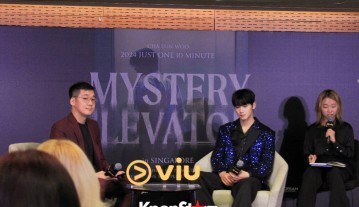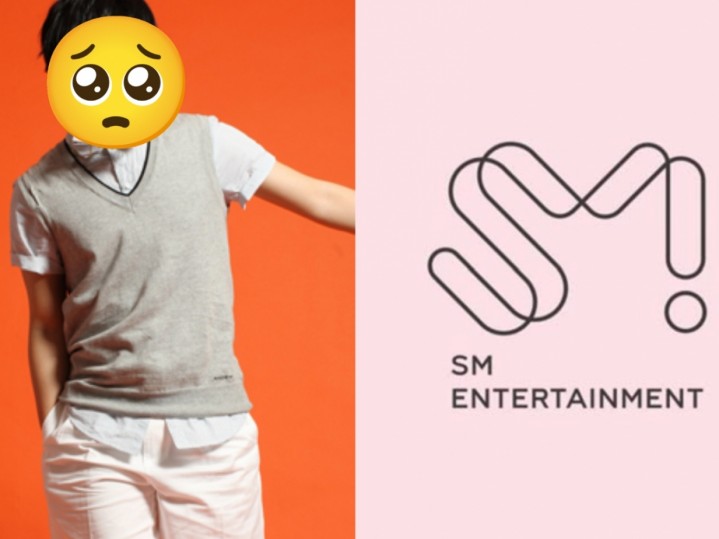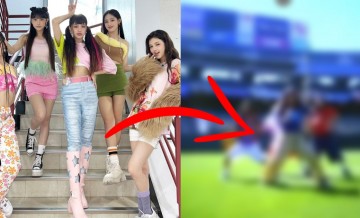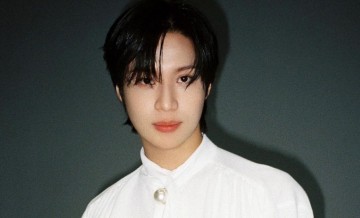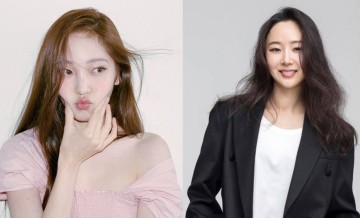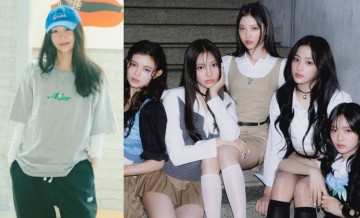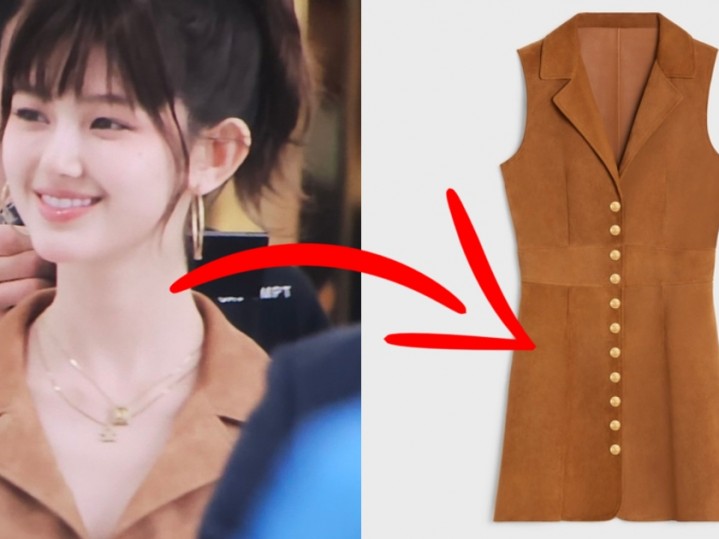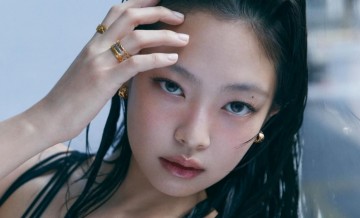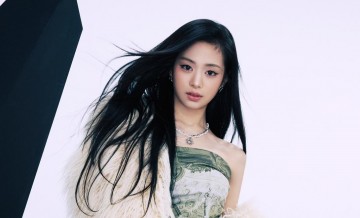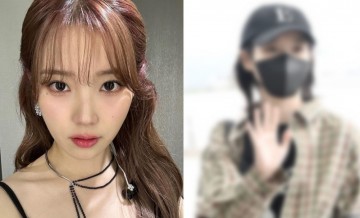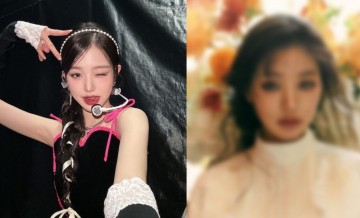JYJ's 'Back Seat' Upsetting To Some Female Fans - Coercive Lyrics Raise Red Flags
Let me start off by saying that I am extremely excited by the new JYJ release and cannot wait to hear the rest of their comeback album. With that out of the way, the lyrics of “Back Seat,” are disappointing to hear when delivered by some of the top male artists in K-Pop.
“Back Seat” is the lead single off of the second JYJ mini album "Just Us." The release has been highly anticipated by fans and is a soulful R&B track which is clearly intended to set the mood between potential lovers. Musically, "Back Seat" is a wonderful song, but the lyrics leave a lot to be desired.
There is a clear difference between a masculine and sexy image, when compared to one that suggests female listeners should “let your feelings go, you don’t have to fight, don’t be shy, put you on my back seat.”
A full translation of the lyrics of “Back Seat” can be found on Popgasa. My issue with the lyrics, with is shared by some other female listeners, pertains to the point of not fighting, not being afraid, and not being nervous. All of these points are repeated throughout the song, often in English.
On a positive note, the English abilities of JYJ’s Yoochun, Jaejoong, and Junsu have greatly improved. However, the lyrical content of the song is just a bit off.
While many fans on the YouTube page for “Back Seat” seemed thrilled by the suggestive lyrics of the song, other female audiences expressed different reactions.
Reactions which ranged from “why are they doing this?” to “did they really say that?” could be found on Facebook and Tumblr comment streams.
Other fans pointed out, very logically, that instead of sexual coercion JYJ are encouraging a girl who is reluctant because it may be her first time engaging in any form of intimacy. One thing to consider is if men who were not as attractive as the trio in JYJ were singing these lyrics, would women be swooning?
While this is not uncommon to hear in American pop music, it is very rare to hear this put so bluntly in K-Pop.
American hip hop and rock artists often accused of misogyny or intentional contempt against women. It is not rare to hear a hip hop song which suggests coercing a woman into sexual activity. The most egregious case of this was the Rick Ross song ‘U.O.E.N.O” in which the describe drugging a girl without her knowledge,then taking her home.
“Back Seat” does not go to the extremes that Rick Ross took “U.O.E.N.O” but the song should concern female listeners.
Of greater concern for K-Pop fans in the U.S. is the Chris Brown penned song “Valentine,” on the JYJ album. While Chris Brown has collaborated with T-ARA N4, most American audiences cannot remove his bad boy image which culminated in an assault against pop star Rihanna.
His actions cannot be held against JYJ, but for it is saddening for many American K-Pop fans that the trio is associating with him, in the first place.
Korean pop music regularly features a dichotomy where female innocence is hyper-sexual. However, female idols who exhibit an overtly sexual image, like 4Minute’s HyunA, are routinely condemned by audiences.
This mixed message continues to be a defining quality of K-Pop. When it is coupled with songs such as “Back Seat,” the result is not necessarily healthy for younger female K-Pop fans, who are being encouraged to be seen but rarely be heard.
It is wonderful to have JYJ back, but not necessarily with “Back Seat.” "Just Us" is a wonderful album which definitely deserves the attention it is receiving.
